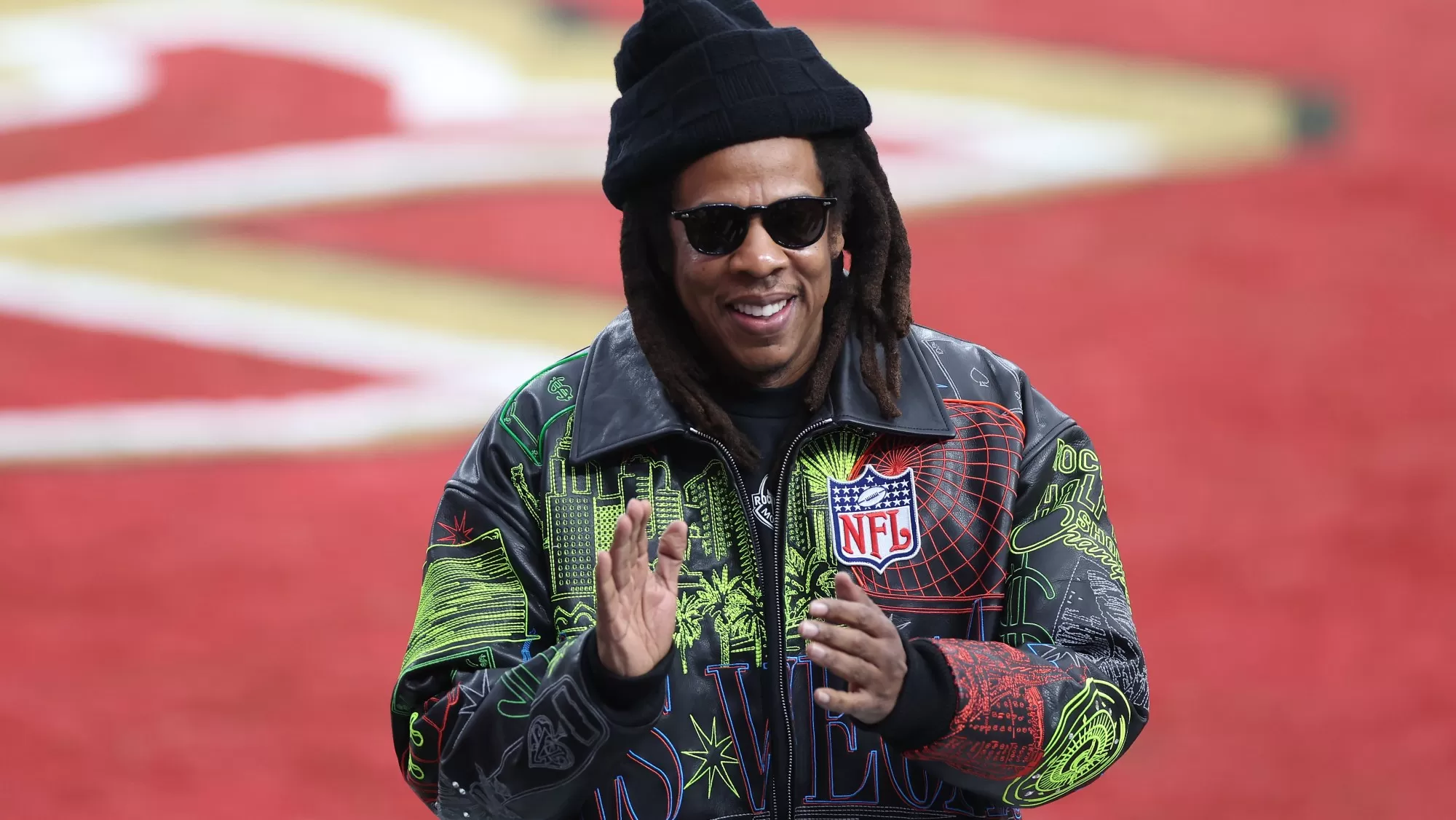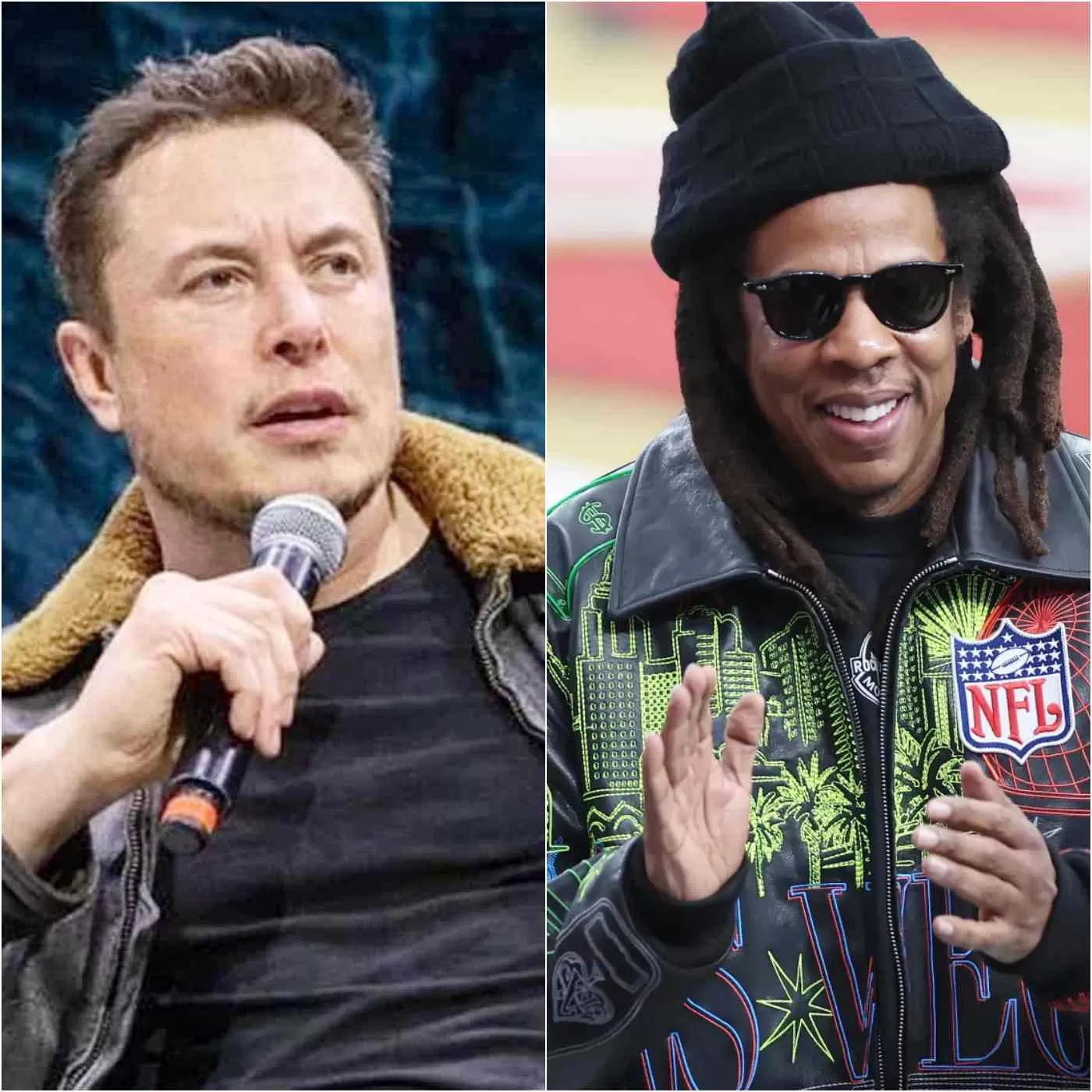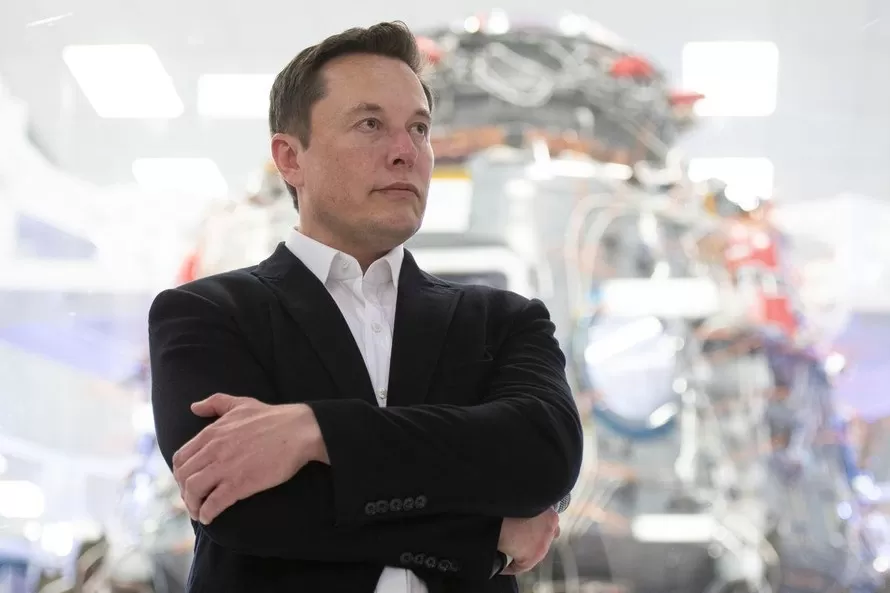Elon Musk has once again stirred controversy with his recent claims about the music industry, this time targeting hip-hop mogul Jay-Z and his wife, Beyoncé. According to Musk, Jay-Z allegedly paid a staggering $20 million to radio shows, $40 million to country stations, and an eye-watering $110 million for downloads to ensure Beyoncé’s victory in the Best Country Album category. The explosive claim has set social media ablaze, with fans and industry insiders weighing in on the implications of such allegations.

Beyoncé’s entry into the country genre with her latest album has already been met with mixed reactions. While some praised her versatility, others questioned whether her music genuinely aligned with traditional country roots. The controversy reached new heights after her nomination and subsequent win in the Best Country Album category, leading many to speculate on the legitimacy of the award. Musk’s allegations have now intensified these discussions, raising concerns about the influence of money in shaping music industry accolades.

The billionaire entrepreneur took to X (formerly Twitter) to make the shocking revelation, sharing supposed insider information about the financial backing behind Beyoncé’s win. According to Musk, Jay-Z orchestrated a large-scale financial operation to ensure widespread airplay and digital sales for Beyoncé’s album, ultimately securing the prestigious award. His claims, while unverified, have ignited debates about the authenticity of industry awards and the fairness of recognition in music.

If Musk’s accusations hold any truth, they paint a damning picture of how financial power can manipulate public perception and award outcomes. The music industry has long been plagued by payola scandals, where record labels and artists allegedly pay for radio play and chart success. While such practices are illegal, they often occur under the guise of promotional deals and marketing campaigns, making them difficult to track and prove.
Jay-Z and Beyoncé have yet to respond to Musk’s allegations, but their silence has only fueled further speculation. Supporters argue that Beyoncé’s talent and artistry are undeniable, and she does not need financial influence to win awards. Detractors, however, suggest that the sheer scale of Musk’s claims warrants an official response, especially given the implications for industry ethics and transparency.
The timing of Musk’s statements is also noteworthy. His ongoing criticism of mainstream media and entertainment elites has made him a polarizing figure. Some see him as a whistleblower exposing corruption, while others view his statements as attention-seeking stunts designed to provoke controversy. Regardless of his motives, his words carry weight, given his massive following and influence in both business and social spheres.
Music analysts and industry insiders have provided mixed reactions to Musk’s accusations. Some believe that pay-for-play schemes are an open secret in the industry, while others dismiss the claims as baseless. The Recording Academy, responsible for awarding the Best Country Album category, has faced scrutiny in the past over voting integrity and fairness. While there is no direct evidence to support Musk’s claims, the discussion they have sparked underscores ongoing concerns about the transparency of music awards.
The financial influence on music awards is not a new topic. Over the years, several artists have hinted at, or outright accused, industry players of manipulating award outcomes. Payola scandals date back decades, with radio stations and streaming services allegedly accepting financial incentives to boost certain artists. The rise of digital streaming has only added another layer of complexity, as playlist placements and algorithm-driven exposure can be influenced by undisclosed financial deals.
Musk’s allegations also raise broader questions about the credibility of award shows in general. If money can indeed secure wins, what does that mean for genuine artistic merit? Should fans trust that their favorite artists are being recognized fairly, or is the entire system fundamentally flawed? These are critical issues that demand greater transparency from award organizers and music industry leaders.
Regardless of the truth behind Musk’s claims, the controversy surrounding Beyoncé’s Best Country Album win is unlikely to fade anytime soon. The debate highlights deeper industry problems that extend beyond a single artist or award. Calls for reform, stricter regulations, and greater accountability are growing louder, as fans and artists alike demand a fairer playing field.
In an era where music consumption is increasingly digital, the mechanisms that determine success are more opaque than ever. Algorithmic influence, paid promotions, and corporate-backed campaigns have reshaped how music reaches audiences. If financial power plays a role in determining award winners, it undermines the credibility of the entire system. Musk’s statements, whether exaggerated or grounded in truth, serve as a wake-up call to those who still believe in the integrity of industry accolades.
As the music industry continues to evolve, transparency and fairness must become top priorities. Artists who work tirelessly to create music should be judged on their talent and impact, not the size of their promotional budget. If award shows wish to maintain credibility, they must address concerns about financial influence and implement safeguards to ensure genuine artistic achievement is recognized.
Until Jay-Z, Beyoncé, or the Recording Academy provide an official statement, speculation will continue to run rampant. In the meantime, Musk’s claims have reignited crucial conversations about ethics in the music industry, forcing both insiders and fans to reconsider how success is truly measured in today’s digital age.


